COVID-19 and the restrictive measures introduced by governments have significantly impacted mental health and situations of domestic abuse. Countries have had to adapt to ensure that helplines and other services continue to be accessible to those that need them most. EENA’s new document provides a resource for countries to learn from each other and understand the challenges faced and measures taken.
The pandemic and lockdown restrictions have created feelings of anxiety or isolation for a significant number of people. Many countries have seen increases in calls to mental health helplines. In April, the Danish Psychiatric Foundation saw a 30% increase in calls from citizens to its counselling helpline.[1] In Besançon in France, during the lockdown the number of calls to the helpline SOS Amité exceeded 7,500 per day, compared with 6,000 before the lockdown.[2]
In response, governments and organisations have taken measures to improve accessibility and increase the capacity of services. In Czechia, the Ministry of Health launched its first psychological emergency helpline.[3] In Tuscany, Italy, the Order of Psychologists activated 3 telephone helplines, with one dedicated to frontline healthcare personnel.[4] Other methods included prevention and awareness campaigns and access to help through online chat tools.
Due to restrictive measures, authorities have also expressed serious concerns about victims of domestic abuse. The impact on helplines has been complex. Some countries have reported an increase in calls: in Belgium, the Flemish helpline Vlaamse Hulplijn reported a 70% rise in calls for help in the third week of the lockdown compared to the first week.[5] On the other hand, other countries, such as Italy, have seen a drop in calls as restrictive measures make it difficult for victims to contact help. In response, countries have adapted the means to access help, such as through online chat, SMS or being able to request assistance using a codeword in pharmacies.
This EENA document explores the impact of the COVID-19 outbreak on mental health and domestic abuse helplines and highlights the different measures taken to ensure people continue to be able to access help.
References:
[1] Katrine Vetergaard (2020.06.05) “Genåbningen kalder på at vi lytter til hinanden og sammen forebygger psykiske sygdomme“https://bit.ly/31f9KxQ – Retrieved 2020-06-24
[2] Hélène L. (2020.04.02) “SOS Amitié Besançon : une augmentation des appels suite au confinement” macommune.info https://bit.ly/2By6uml – Retrieved 2020-05-10
[3] Reforma péče o duševní zdraví (N/A) “1212 – linka první psychické pomoci” https://bit.ly/3g2poRl – Retrieved 2020-05-10
[4] Antonio Montanaro (2020.05.06) “Ansia, stress, depressione da coronavirus: l’emergenza del dopo quarantena” Corriere Fiorentino https://bit.ly/2B5JElU – Retrieved 2020-05-10
[5] Laura Lepla (2020.03.26) “Slachtoffers van huiselijk geweld zoeken uitweg uit coronacrisis” MO* Magazine https://bit.ly/3fOTMOO – Retrieved 2020-05-10
